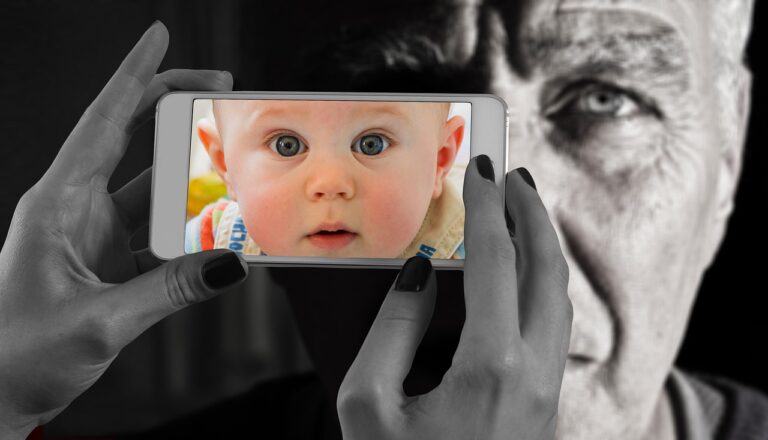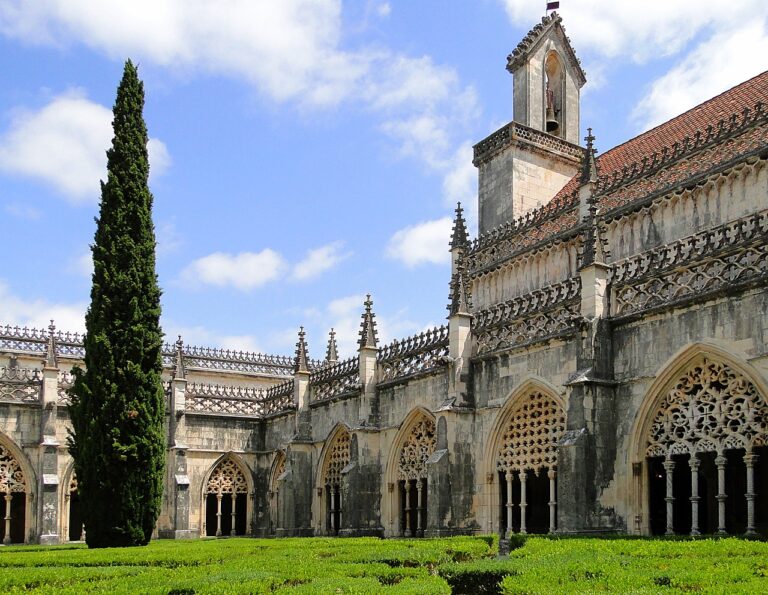The Impact of Coffee Culture on Urban Development: All pannel.com, Cricket bet99, Lotus365 vip login
all pannel.com, cricket bet99, lotus365 vip login: Coffee culture has become an integral part of urban development around the world. From bustling city streets to quaint neighborhoods, coffee shops have become central hubs for socializing, working, and relaxing. The impact of coffee culture on urban development is undeniable, shaping the way we interact with our surroundings and each other.
The Rise of Coffee Shops
Coffee shops have seen a significant rise in popularity over the past few decades, becoming more than just a place to grab a quick cup of coffee. They have transformed into community spaces where people gather to socialize, work, or simply unwind. The rise of coffee culture has led to the revitalization of neighborhoods and the creation of vibrant urban spaces.
Creating Vibrant Urban Spaces
Coffee shops play a crucial role in creating vibrant and dynamic urban spaces. They attract people from all walks of life, creating a sense of community and belonging. As more coffee shops pop up in urban areas, they contribute to the overall liveliness and diversity of the neighborhood. This, in turn, attracts more visitors and residents, leading to increased foot traffic and economic growth.
Promoting Collaboration and Innovation
Coffee shops have also become incubators for collaboration and innovation. They provide a relaxed and casual setting where people can meet, brainstorm ideas, and work on projects together. Many startups, freelancers, and remote workers choose to conduct their business meetings in coffee shops, taking advantage of the creative energy that these spaces exude. This collaboration fosters creativity and innovation, fueling urban development in various industries.
Supporting Local Businesses
The proliferation of coffee shops in urban areas has boosted local economies and supported small businesses. Local coffee shops often source their produce locally, supporting farmers and suppliers in the community. By patronizing these businesses, residents contribute to the economic growth of their neighborhood and help create a vibrant and sustainable urban environment.
Enhancing Quality of Life
Coffee culture has also had a positive impact on the overall quality of life in urban areas. Coffee shops provide a welcoming and inclusive space where people can connect with one another, fostering a sense of community and social cohesion. This sense of belonging improves residents’ mental well-being and enhances their overall quality of life.
FAQs
Q: How has coffee culture influenced urban design?
A: Coffee culture has influenced urban design by promoting the development of mixed-use spaces that cater to a variety of activities, such as socializing, working, and relaxing. This has led to the creation of vibrant and dynamic urban environments that prioritize community engagement and interaction.
Q: What role do coffee shops play in local economies?
A: Coffee shops support local economies by creating jobs, sourcing produce locally, and attracting visitors to the neighborhood. This economic activity contributes to the overall growth and development of urban areas, benefiting residents and businesses alike.
In conclusion, coffee culture has had a profound impact on urban development, shaping the way we interact with our surroundings and each other. As coffee shops continue to thrive in urban areas, they will undoubtedly play a crucial role in fostering community, collaboration, and economic growth. So next time you grab a cup of coffee at your favorite neighborhood spot, take a moment to appreciate the role it plays in shaping the city around you.







